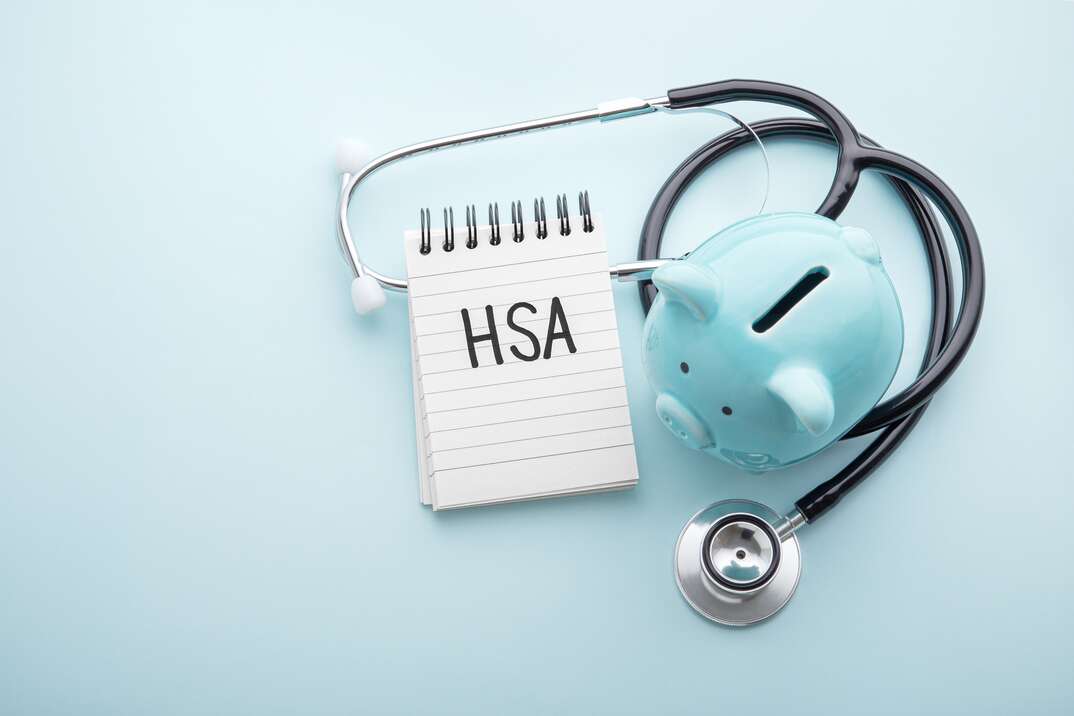- AppliancesElectriciansHVACLandscapingLocksmithPest ControlPlumbingRenovationRoofingT V RepairAll Home Improvement
- Car AccidentClass ActionCorporate LawCriminal DefenseDivorce LawEmployment LawFamily LawFinancial LawLegal AidMedical Injury LawyersMedical MalpracticeReal Estate LawWater Fire RestorationAll Legal
- InvestmentRetirementAll Finance
- Animal InsuranceAutoGeneral InsuranceHealth PolicyHome RentersAll Insurance
- DentalHealth SpecialistsAll Medical
- Animal CareVeterinaryAll Pets
- Auto GlassTowingAll Automotive
What Happens If I Don't Spend my FSA or HSA?

Flexible spending accounts (FSA) and health savings accounts (HSA) allow you to use pretax income for medical expenses. Money is saved from each paycheck and can be spent on co-payments, deductibles and a wide range of other healthcare expenses.
But there are rules about what you can spend the money on and what happens to the funds after a certain expiration date. Here’s the rundown.
One of the biggest differences between an FSA and an HSA is how unspent funds are treated. If you don’t spend all your FSA in a plan year, it’s likely you’ll lose some or all of those funds. However, unspent money in an HSA remains available for future expenses.
How Long Do I Have to Spend FSA Funds?
FSA funds are accumulated over the course of a year and must be spent before the end of the plan year. For most healthcare plans, this means you have until December 31 of each year to use your funds.
What Happens If I Don’t Spend All of My FSA Funds?
Employers own your FSA, and they choose what happens to unused funds. They have three options:
- Carry over the funds: A government-specified amount of money can be rolled over into the next year’s plan. In 2022, that amount was $570.
- Grace period: Employers can give employees up to 2.5 months of extra time to use their FSA.
- Keep the money: Employers can choose to keep any unspent FSA funds. In this case, employees have 90 days to file claims that were incurred during the plan year.
IRS regulations state that unspent money can’t be returned directly to employees; however, your employer can use the money to offset the costs of administering the program.
The best way to make sure you get the most out of your FSA is to plan carefully. Think about how much money you’re likely to need for the year, and don’t put away more than that.
How Do I Use Up My FSA Funds?
If it’s getting close to the end of the year and you still have money in your FSA, it's best to spend it. An FSA can be used for a wide range of expenses, including:
- Annual physical
- Some elective surgery
- Glasses and contact lenses
- Dental procedures
- Feminine hygiene products
- Pregnancy and family planning products
- Sunscreen
- Smoking cessation products
- Mental health and drug abuse counseling
- Qualified service animal costs, including grooming and pet food
- Healthcare costs for a spouse and children
Many retailers have websites that list FSA-eligible products. Check these to see if there’s anything you need or can put away for the future. For example, if you’re planning on starting a family, you may be able to buy breastfeeding supplies with FSA funds.
While an FSA is owned by your employer, an HSA is owned by you. This means you control what happens to unspent funds, and there’s essentially no time limit on spending the money.
While this may seem like the better option, you can only have an HSA if you have a high-deductible health insurance plan. Most people find lower deductibles on their health insurance are easier to manage, but if you’re relatively healthy, you may find that an HSA works for you.
What Happens to Unused HSA Funds?
HSA funds can be spent in the same way as FSA funds. Any unused HSA money is rolled over each year and available to use when you need it. Your HSA funds also follow you if you leave your job.
If you don’t spend a lot on healthcare, an HSA allows you to save money in case of an illness or injury. You can also have substantial savings ready for certain elective surgeries or starting a family.
It's possible to use HSA funds for nonmedical expenses; however, you'll pay a penalty of 20% of the amount you take out. You also have to declare the amount used on your tax return. If you still have money in your HSA at age 65, it can be withdrawn tax-free.
Elocal Editorial Content is for educational and entertainment purposes only. Editorial Content should not be used as a substitute for advice from a licensed professional in your state reviewing your issue. The opinions, beliefs and viewpoints expressed by the eLocal Editorial Team and other third-party content providers do not necessarily reflect the opinions, beliefs and viewpoints of eLocal or its affiliate companies. Use of eLocal Editorial Content is subject to the
Website Terms and Conditions.The eLocal Editorial Team operates independently of eLocal USA's marketing and sales decisions.



